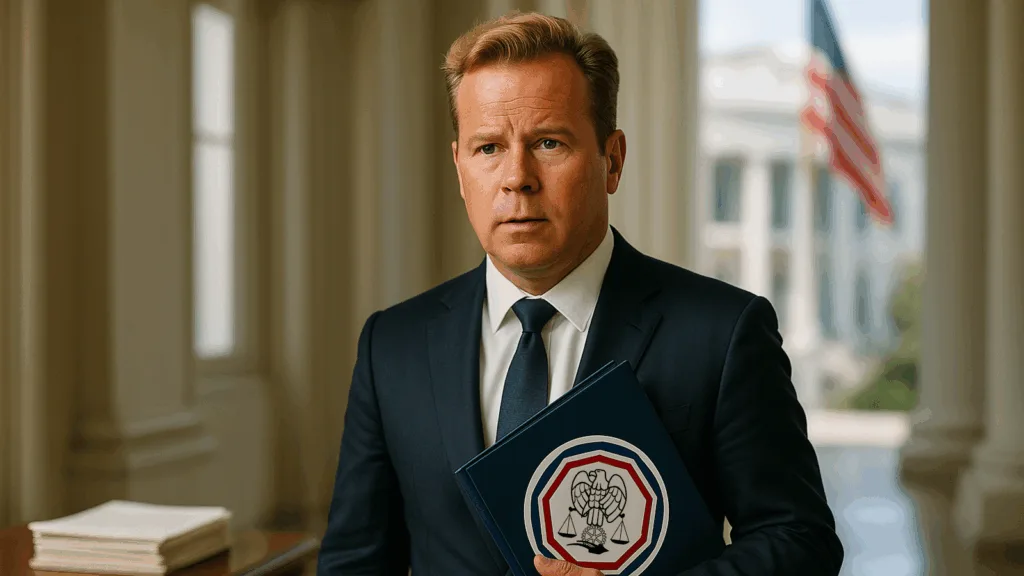The White House formally withdrew Brian Quintenz’s nomination to serve as Chair of the Commodity Futures Trading Commission (CFTC) on 30 September 2025. The nomination withdrawal brings to an end months of tension and stalled confirmation proceedings.
President Donald Trump first nominated Quintenz on February 11, 2025, sending his name to the Senate Agriculture, Nutrition & Forestry Committee for vetting. Quintenz is not a stranger to the agency; he previously served as a CFTC commissioner from 2017 to 2021.
His supporters in financial and crypto circles praised him as a candidate uniquely suited to bridge markets and innovation. The Investment Company Institute (ICI) released a statement congratulating his nomination and highlighting his qualifications in February 2025.
Ethical questions raised against Quintenz
Key objections arose around perceived conflicts of interest tied to his association with Kalshi, a prediction-market platform regulated by the CFTC. Critics flagged prior emails suggesting he requested internal agency data that could influence competitive dynamics.
Perhaps most damaging were the questions raised by Tyler and Cameron Winklevoss, founders of Gemini. They publicly opposed his nomination and even reportedly lobbied the White House to reconsider.
Quintenz later shared private messages in which the Winklevosses had pressed him to commit to certain positions related to CFTC actions against Gemini. Quintenz said that he had refused their offer, saying the decisions should rest with a confirmed chair. Representative Dina Titus (D-NV) even penned a letter urging an inquiry into whether Quintenz had violated CFTC policy or ethical pledges while still on the Kalshi board.
The clock on the Chair role
The CFTC has operated without a confirmed chair for months. Caroline Pham, originally acting chair, remains the de facto leader. The statute does not dictate a hard deadline for filling the chair, but political pressure mounts as the agency’s role in regulating cryptocurrencies and derivatives markets becomes more central.
If the chair post remains vacant indefinitely, the CFTC may face leadership paralysis, hindered rulemaking, and difficulty shepherding proposals through Congress. Without a confirmed chair, enforcement direction may be muted and internal priorities may become harder to coordinate.



